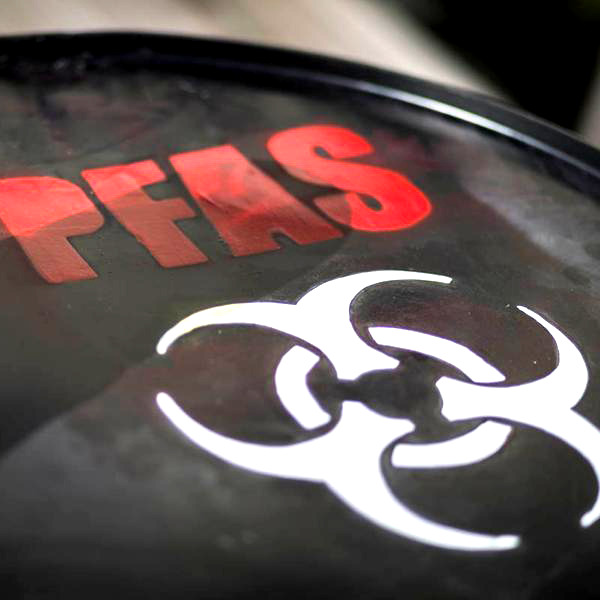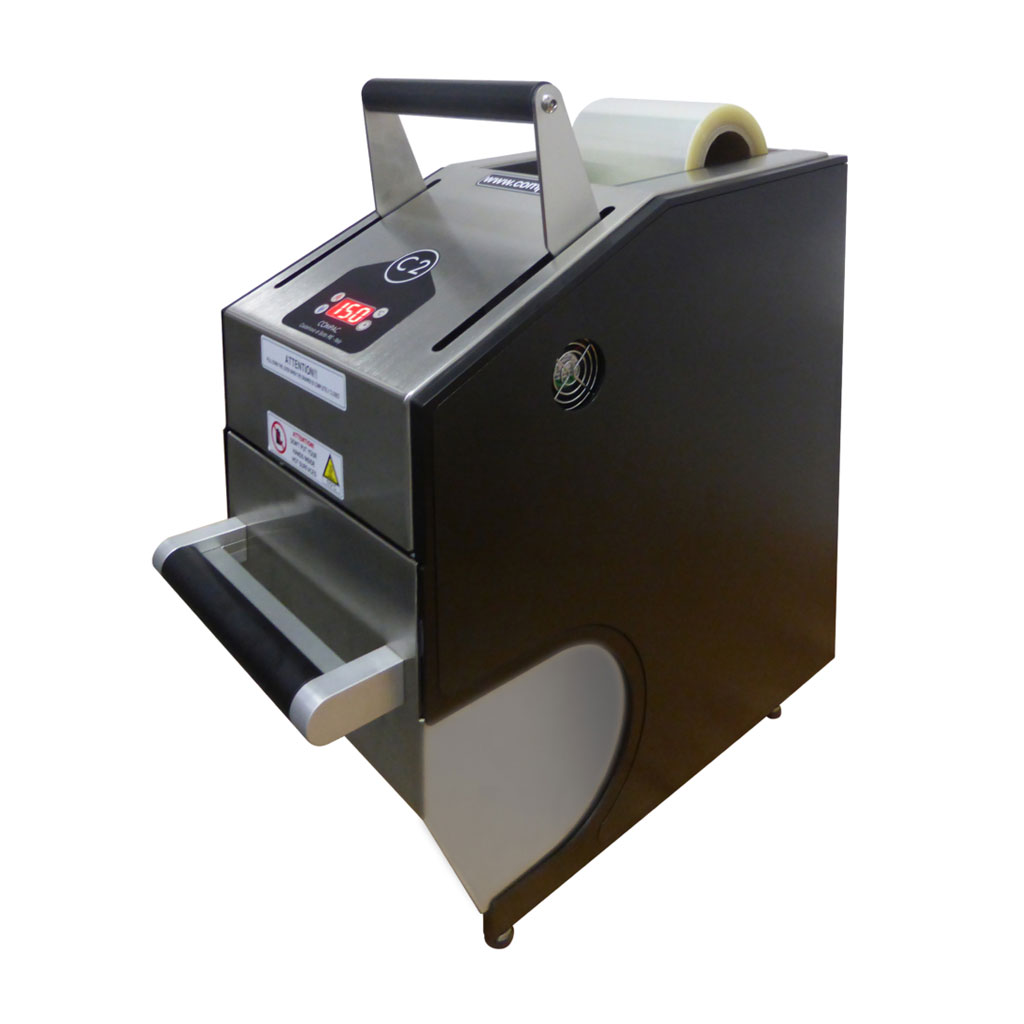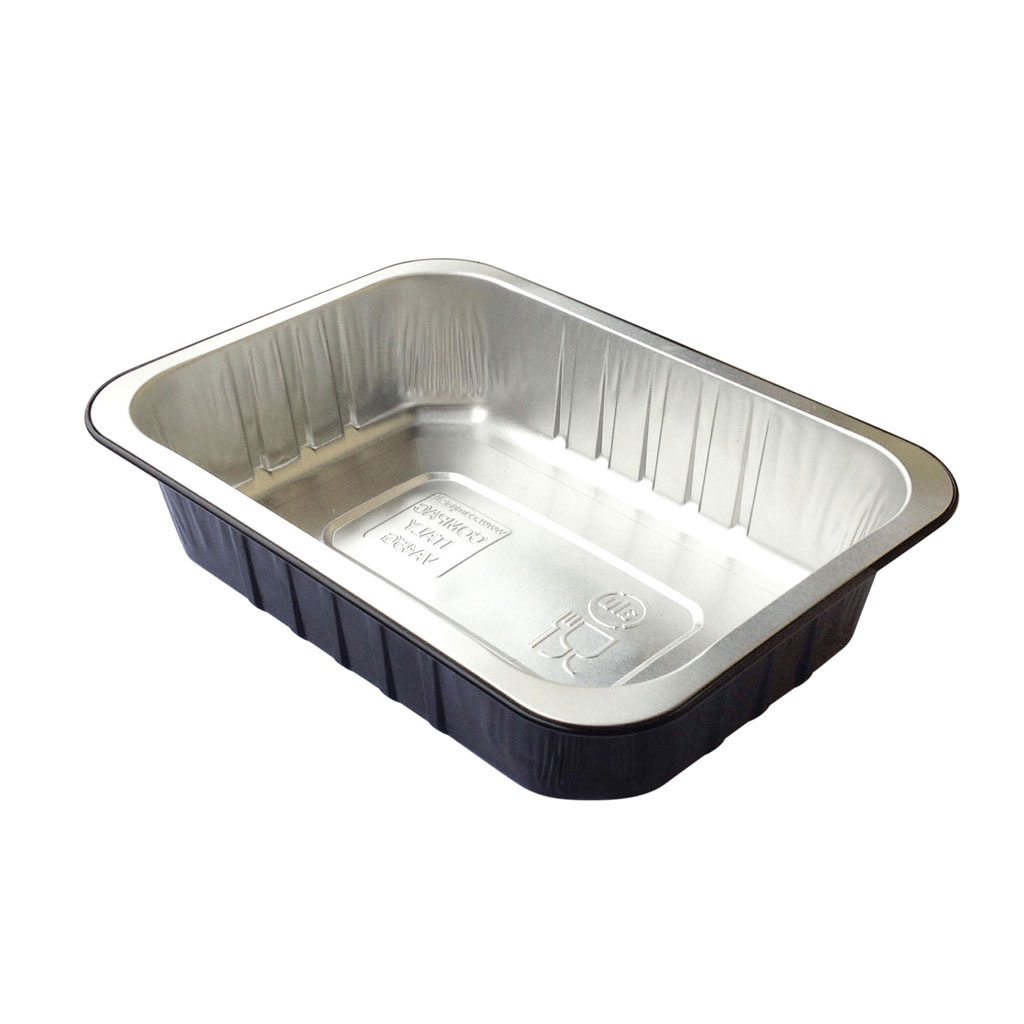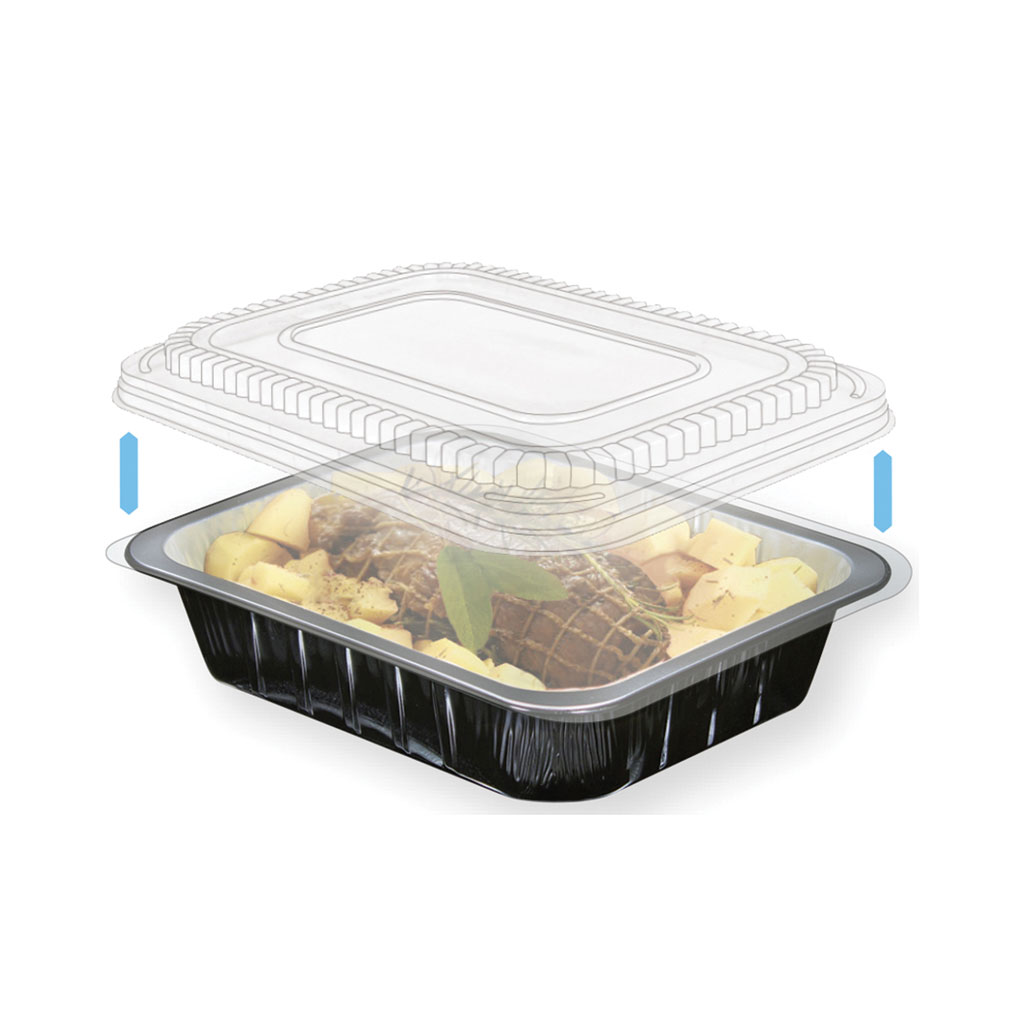
PFAS: WHAT ARE THEY?
PFAS: WHAT ARE THEY?
More and more often we hear about PFAS, but what are they and why are they considered hazardous?
PFAS (Per Fluorinated Alkylated Substances) are chemicals formed by fluorinated hydrophobic alkyl chains.
This structure makes them highly thermally and chemically stable and resistant to main natural degradation processes, such as photolysis, hydrolysis, aerobic and anaerobic biotic degradation.
Thanks to these characteristics, these substances are mainly used to make products to which they are applied impermeable to water and grease (such as non-stick pots and pans, trays in cellulose pulp, sugar cane and bamboo).
Just because of their difficulty in being disposed of, PFAS (also called “Forever Chemicals”) are potentially dangerous:
- For the environment: They contaminate groundwater, soil and air and take thousands of years to degrade. Furthermore, they can also pollute the compost in which they are disposed of and consequently the soils;
- For human and animal health: They may bio accumulate in the body and result in health problems (by binding to blood proteins). In fact, they can cause cancer, increased cholesterol and birth defects but also hormone disruption, thyroid disease and decreased fertility.
The main sources of exposure to these substances may be the ingestion of contaminated drinking water and/or food with high levels of these compounds (e.g. fish and seafood) or contaminated by the packages used.
PFAS: WHAT IS HAPPENING IN THE WORLD?
USA
Currently seven States have decided to ban the use of PFAS chemical additives in food packaging: California, New York, Maine, Vermont, Washington, Connecticut and Minnesota.
On 8 December 2021, President Biden issued an executive order on clean energy and federal sustainability, directing Federal Agencies to promote markets for sustainable products and services.
Thus giving priority to products that can be reused, refurbished or recycled.
The executive order does not provide specific examples. However, products without the addition of perfluoroalkyl or polyfluoroalkyl substances (PFAS) are mentioned as an example of sustainable products.
On 4 November 2021, it was introduced a legislation banning PFAS in food trays as well: Keep Food Containers Safe from PFAS Act.
This Act would banished, starting from 1 January 2024, the introduction or delivery for the introduction into the interstate commerce of food packaging containing intentionally added PFAS.
EU
In 2020, Denmark was the first country in the EU to ban the use of PFAS in paper and cardboard packaging and food contact materials.
In April 2022, the European Commission announced an action plan to ban several substances including PFAS starting from 2023. However, the procedure will not end before 2030.
ITALY
There is still no regulation in Italy, despite in Veneto area – starting from the Miteni plant in Trissino (VI) – the largest PFAS contamination in the world has taken place (in terms of both geographical area and number of people affected).
The CNR (National Research Council) detected the contamination in 2013 and this has led, over the last few years, several committees to request a specific regulation prohibiting its use.
Among these committees, associations such as Greenpeace and Mamme NO PFAS stand out.
WHAT IS THE GREENSCREEN CERTIFIED ™ STANDARD CERTIFICATION?
The two independent non-profit organizations “Environmental Health” (CEH) and “Clean Production Action” (CPA) have announced the new GreenScreen Certified ™ Standard certification for all items in the restaurant industry.
GreenScreen Certified is based on GreenScreen® for Safer Chemicals – a tool that identifies both hazardous and safe chemicals through a scoring reference system.
This Standard is an absolute innovation as it certifies for the first time the absence of chemicals such as per- and polyfluoroalkalics (PFAS) and other harmful substances.
To receive certification, products are tested for banned chemicals and must meet recyclability and / or compostability requirements.
The GreenScreen Certified ™ Standard certification consists of four different levels:
- Platinum
- Gold
- Silver
- Bronze
NATUREWORKS HAS ACHIEVED PLATINUM LEVEL CERTIFICATION
Commented NatureWorks Vice President Steve Davies: ““At NatureWorks, our purpose is to invent safe and environmentally sustainable materials for use in everyday products. The GreenScreen Platinum Certification earned by our Ingeo™ biomaterials demonstrates how we successfully use the principles of green chemistry to create safe, bio-based alternatives to fossil-based plastics. We are proud to be the first materials manufacturer to earn this certification and see Ingeo™ recognized not just as a material for high performance compostable food serviceware, but also as a preferred alternative to the materials that rely on PFAS chemicals for performance.”
The Polylactic Acid (PLA) contained in all Compac compostable and biodegradable items comes from NatureWorks. From this, we can assume that also Compac’s trays in CARDBOARD + PLA and PLA do not have PFAS chemicals inside.




